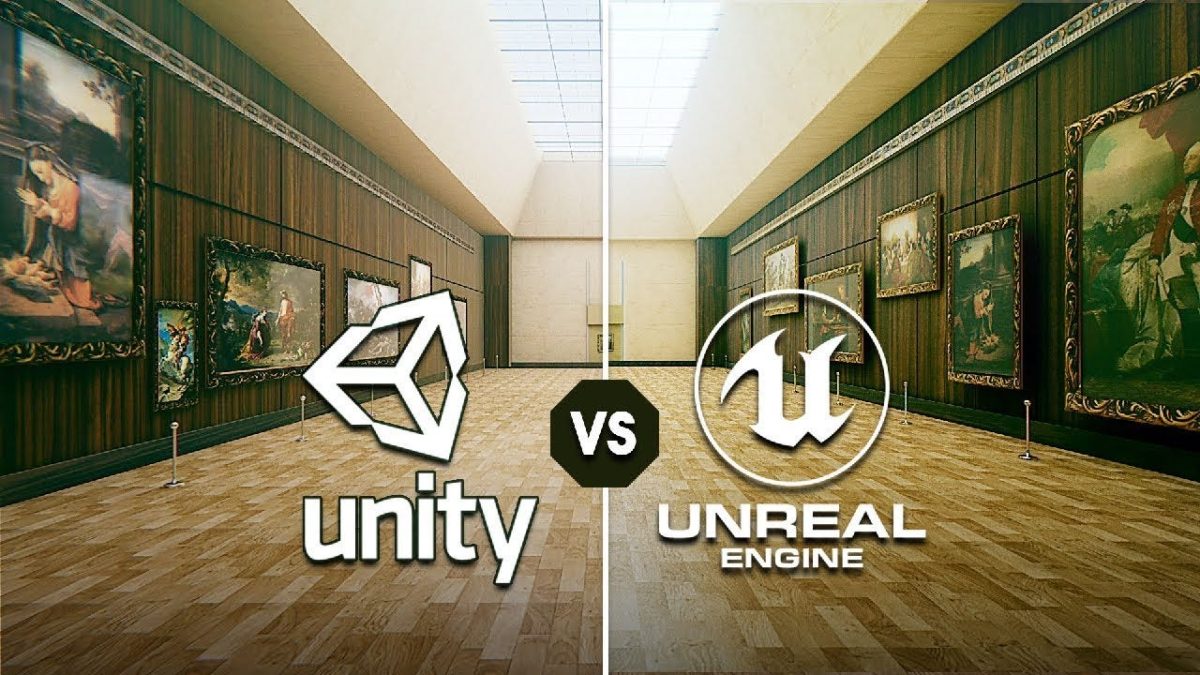Game development has evolved dramatically in recent years, offering aspiring developers and seasoned professionals a wealth of tools and platforms to choose from. Unity and Unreal Engine are two of the most prominent game development engines, and they have been behind the creation of numerous successful games across a wide range of genres. In this blog post, we will explore the similarities and differences between Unity and Unreal Engine to help you decide which one is the better fit for your game development needs.
Unity Engine
Unity, developed by Unity Technologies, is a versatile and widely-used game development platform known for its accessibility, flexibility, and community support. It has become a popular choice for indie developers and small studios, as well as for creating 2D and 3D games across various platforms.
Key Features of Unity:
Cross-Platform Development: Unity allows developers to create games for a wide array of platforms, including Windows, macOS, Android, iOS, PlayStation, Xbox, and more. This cross-platform compatibility simplifies the process of reaching a broad audience.
Visual Scripting: Unity’s visual scripting tool, Bolt, provides a user-friendly way for designers and programmers to create game logic without writing extensive lines of code. This feature enhances accessibility for a wider range of developers.
Asset Store: The Unity Asset Store is a treasure trove of ready-made assets, plugins, and tools that can significantly speed up the game development process. It allows developers to acquire assets, such as characters, environments, and effects, from both Unity and third-party creators.
Community and Learning Resources: Unity has a vibrant and active community, as well as extensive documentation, tutorials, and forums that make it easy for developers to get started and troubleshoot problems.
Pricing: Unity offers a free version (Unity Personal) for smaller developers and indie studios, while Unity Pro and Unity Enterprise are available for more comprehensive needs and come with a licensing fee.
Unreal Engine
Unreal Engine, developed by Epic Games, is renowned for its exceptional graphics capabilities and the creation of high-quality, visually stunning games. It has been the engine behind some of the most popular and graphically impressive games in the industry.

Key Features of Unreal Engine:
Stunning Visuals: Unreal Engine is widely acclaimed for its graphics and rendering capabilities. It supports advanced rendering techniques, realistic lighting, and high-quality visual effects, making it a top choice for developers aiming for photorealistic or visually impressive games.
Blueprint Visual Scripting: Unreal Engine provides its visual scripting system called Blueprints, allowing developers to create game logic and behavior without extensive coding. It offers a visual node-based interface, which can be a powerful tool for artists and designers.
Marketplace: The Unreal Engine Marketplace offers a wealth of assets, tools, and plugins, similar to Unity’s Asset Store. These resources can be used to enhance the development process and make high-quality games more accessible.
Animation and Physics: Unreal Engine offers robust animation and physics systems that allow developers to create realistic movements, interactions, and simulations within the game world.
Pricing: Unreal Engine operates under a royalty-based model, where developers pay royalties on gross revenue only after the game achieves a certain level of success. While Unreal Engine can be used for free, royalties apply to commercial projects, potentially making it more expensive for some developers.
Which One Should You Choose?
The decision between Unity and Unreal Engine should be based on your specific needs and goals:
Choose Unity if:
- You are a beginner or an indie developer with limited resources.
- Your project focuses on 2D game development.
- Cross-platform development is crucial for your game.
- You prefer a straightforward pricing structure without royalties.
Choose Unreal Engine if:
- Your project requires top-tier graphics and visual fidelity.
- You are experienced or have a team with experience in 3D game development.
- You are willing to pay royalties once your game achieves a certain level of success.
- You want access to the Blueprint visual scripting system.
Ultimately, both Unity and Unreal Engine are powerful and capable platforms, and your choice should align with the specific requirements of your game and your development team’s expertise.

